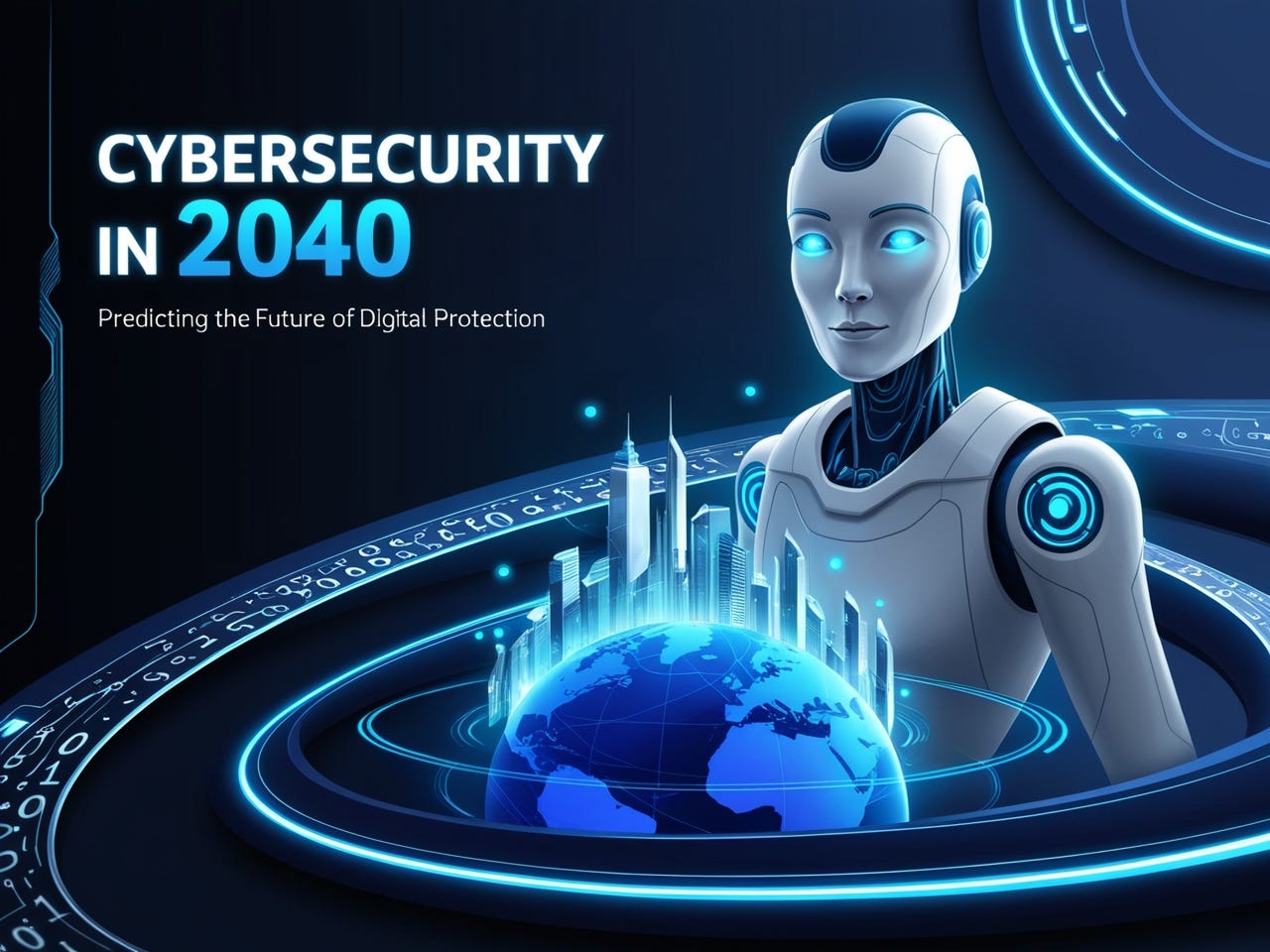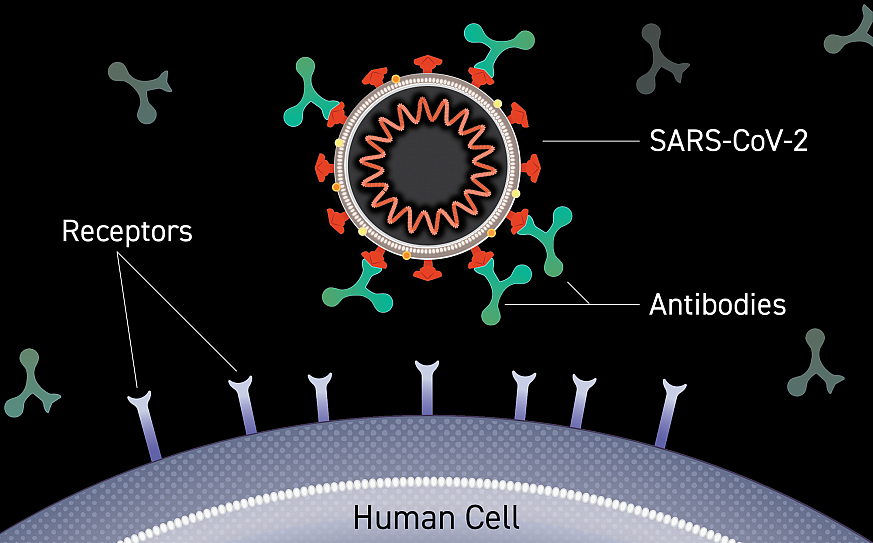Education is undergoing a rapid transformation due to technological advancements. From digital classrooms to artificial intelligence-driven personalized learning, technology is reshaping how students acquire knowledge and interact with educational content. As these innovations continue to develop, the future of education promises to be more accessible, efficient, and tailored to individual learning needs.
The Rise of Digital Learning
The integration of digital tools in education has revolutionized traditional learning methods. Online platforms, interactive software, and virtual classrooms allow students to access educational content from anywhere in the world. Some key advancements include:
- E-learning Platforms: Websites and apps like Coursera, Khan Academy, and Duolingo provide self-paced courses, making education more flexible and widely accessible.
- Virtual Classrooms: Video conferencing tools enable real-time interaction between students and teachers, facilitating remote learning.
- Gamification: Educational games enhance engagement by making learning interactive and enjoyable, improving retention rates.

Artificial Intelligence and Personalized Learning
Artificial intelligence (AI) is playing a crucial role in shaping modern education by offering customized learning experiences. AI-driven tools analyze students’ progress and adapt the curriculum to meet their individual needs. The benefits of AI in education include:
- Adaptive Learning Platforms: Systems like Smart Sparrow and DreamBox adjust lessons based on student performance, providing targeted instruction.
- Automated Grading: AI streamlines the assessment process by grading assignments and providing feedback, allowing educators to focus on teaching.
- Virtual Tutors: AI-powered chatbots and virtual assistants offer instant explanations and guidance, helping students grasp difficult concepts more effectively.
The Impact of Augmented and Virtual Reality
Augmented reality (AR) and virtual reality (VR) are enhancing education by creating immersive learning experiences. These technologies bring subjects to life, making complex concepts easier to understand. Some applications include:
- Virtual Field Trips: Students can explore historical sites, museums, or even outer space from their classrooms.
- Interactive Science Labs: VR simulations allow students to conduct experiments in a risk-free, controlled environment.
- Hands-on Training: AR and VR provide realistic simulations for medical, engineering, and vocational training, improving practical skills.
Challenges and Considerations
Despite the numerous benefits of technology in education, challenges remain:
- Digital Divide: Not all students have access to high-speed internet or digital devices, leading to disparities in learning opportunities.
- Screen Time Concerns: Excessive use of digital devices can impact students’ health, requiring a balanced approach to technology integration.
- Teacher Training: Educators must be equipped with the necessary skills to effectively integrate technology into their teaching methods.
The Future of Learning
As technology continues to evolve, the education sector will witness further advancements. The integration of AI, VR, and personalized learning will create a more inclusive and efficient system. Future trends may include:

- Blockchain for Credentials: Secure digital certificates and transcripts will streamline academic verification processes.
- Global Collaborative Learning: Students from different parts of the world will engage in cross-cultural projects, enhancing global education.
- Lifelong Learning Platforms: Continuous education will become more accessible, enabling people to upskill throughout their careers.
Technology is revolutionizing education by making learning more personalized, engaging, and accessible. As digital tools, AI, and immersive experiences continue to evolve, the future of education will become more flexible and inclusive. However, addressing challenges like the digital divide and ensuring responsible technology use will be essential in shaping an effective learning environment for future generations.
































